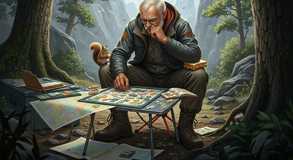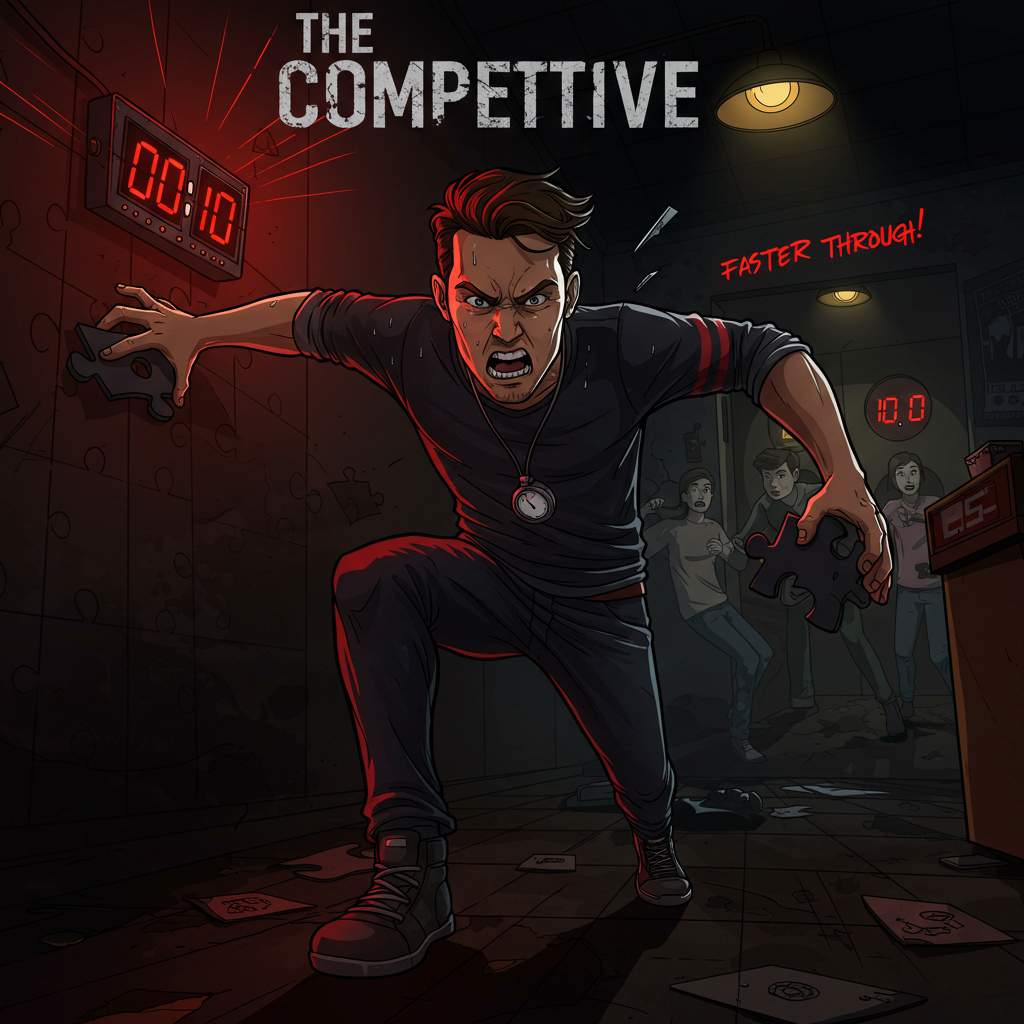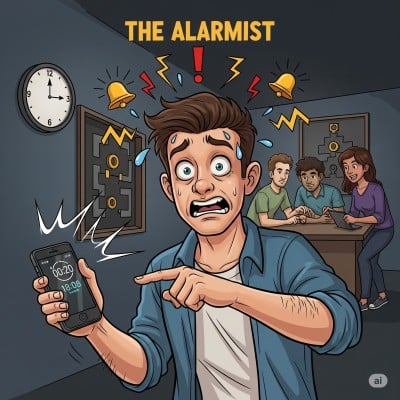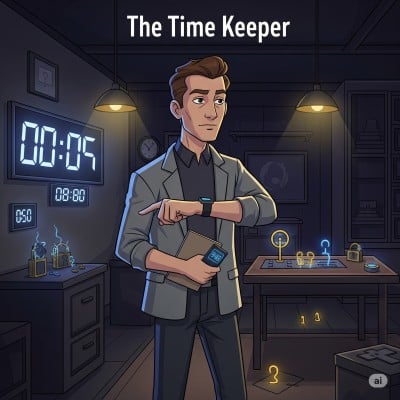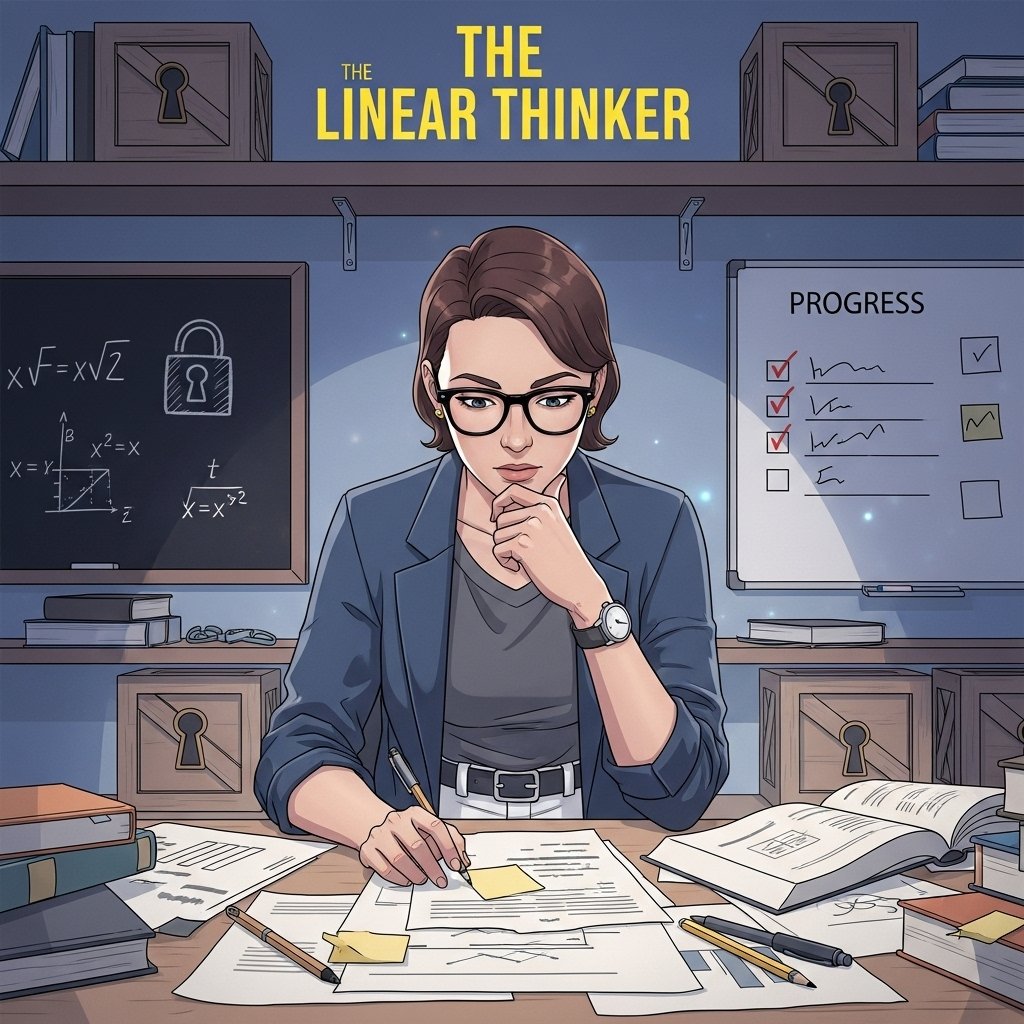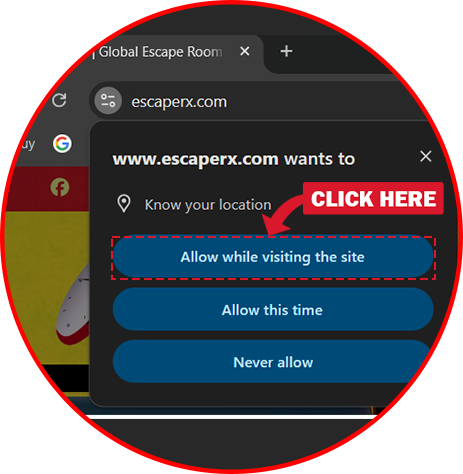Escape rooms thrive on energy, creativity, and intuition, but beneath the excitement, they are also built on structure. Clues connect. Puzzles overlap. Small details fold into larger patterns 🎨. Without someone to untangle the mess and translate it into a clear path forward, even the most talented team can end up spinning its wheels. This is where the Analyst shines 🌀 😤.
The Analyst is the architect of clarity 🏗 ️. They take in fragments of information half-solved puzzles, scattered codes, stray objects and organize them into a picture that makes sense. Where others see noise, the Analyst sees patterns. Where others get stuck in trial-and-error, the Analyst applies logic and methodology. Their gift is not necessarily being the fastest solver, but being the one who ensures every effort counts 🔁 ❌.
They summarize progress, track what has been tested, and suggest the “next best move 🧭 ❤ ️.” They are the team’s internal compass, making sure energy flows toward productive paths rather than scattering in every direction. In short 🌪 ️ 📉, the Analyst prevents chaos from undermining momentum.
Escape rooms are designed to overwhelm. Multiple puzzles are often open at once, requiring parallel problem-solving 🏃♂ ️. This environment can leave teams fragmented, with different players pulling in different directions. Without someone to synthesize efforts, teams risk duplicating work, overlooking connections, or abandoning half-solved puzzles 🛡 ️ 📉.
The Analyst minimizes these risks 💪. By maintaining perspective, they help the team stay efficient and coordinated. A single clear deduction from an Analyst can save five, ten, even twenty minutes of wasted effort. In rooms where success is measured in seconds, that efficiency is invaluable ⚠ ️.
Moreover 📢 🌟, the Analyst’s presence amplifies other personas. The Scavenger and Finder bring in raw materials; the Analyst identifies what matters and how it fits. The Communicator spreads those insights across the team. The Organizer maintains systems for tracking progress, which dovetails with the Analyst’s logic 🦘. Even the Game Leaper benefits, as the Analyst helps channel bold moves into strategic ones.
While the Analyst’s strengths are undeniable, the role comes with challenges. Analysts can sometimes fall into paralysis by analysis, overthinking instead of acting ⚖ ️. They may become frustrated when others overlook logic or dismiss their deductions too quickly. At times, their structured approach can clash with more intuitive, spontaneous teammates 🤝 ❌.
The key is balance 📣. The Analyst must learn when to press for structure and when to step back and let creative or risky approaches play out. Escape rooms reward both logic and leaps, and the Analyst’s power grows when they complement not control the other roles 🧪.
If you are naturally drawn to analysis and pattern recognition, here are ways to sharpen your impact:
- 🤔 Summarize clearly. Don’t overwhelm the team with every detail offer crisp explanations and actionable next steps.
- 🌊 Test quickly. Use elimination logic and small checks to confirm or rule out possibilities before investing too much time.
- 🏆 Stay flexible. Remember that not every puzzle yields to brute logic; intuition and experimentation have their place.
- 🤝 Collaborate with Organizers and Communicators. Together, you create the backbone of team clarity.
By blending structure with adaptability 🏗 ️ 🌱, the Analyst transforms from a “thinker in the corner” into a catalyst for the entire group’s success.
In the final moments of an escape room ⏳ 🔥, when the pressure is highest, the Analyst’s contributions often reveal their full weight. A careful deduction or a clear summary of remaining tasks can propel the team to the finish line. Even if they are not the one turning the last key, their fingerprints are on the victory woven into the structure that made the final unlock possible 🤯 ➡ ️.
Escape rooms are designed to celebrate different kinds of intelligence. The Analyst reminds us that logic 🚀, order, and deduction are not just tools but superpowers in high-pressure environments. They turn confusion into progress, complexity into clarity, and effort into triumph 🧠.
So if you find yourself drawn to grids, elimination logic, sanity checks, and tidy summaries, embrace the Analyst role fully ✅ 🤔. You may not always be the loudest player in the room, but your calm clarity and sharp reasoning will make your team stronger, steadier, and faster 💪 🐢.
The Analyst reminds us that escape rooms are not won by brilliance alone they are won by clarity ➡ ️ ⚡. And in the world of escape rooms, clarity is victory.



